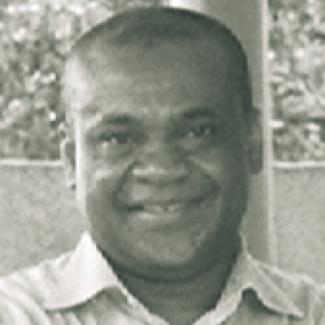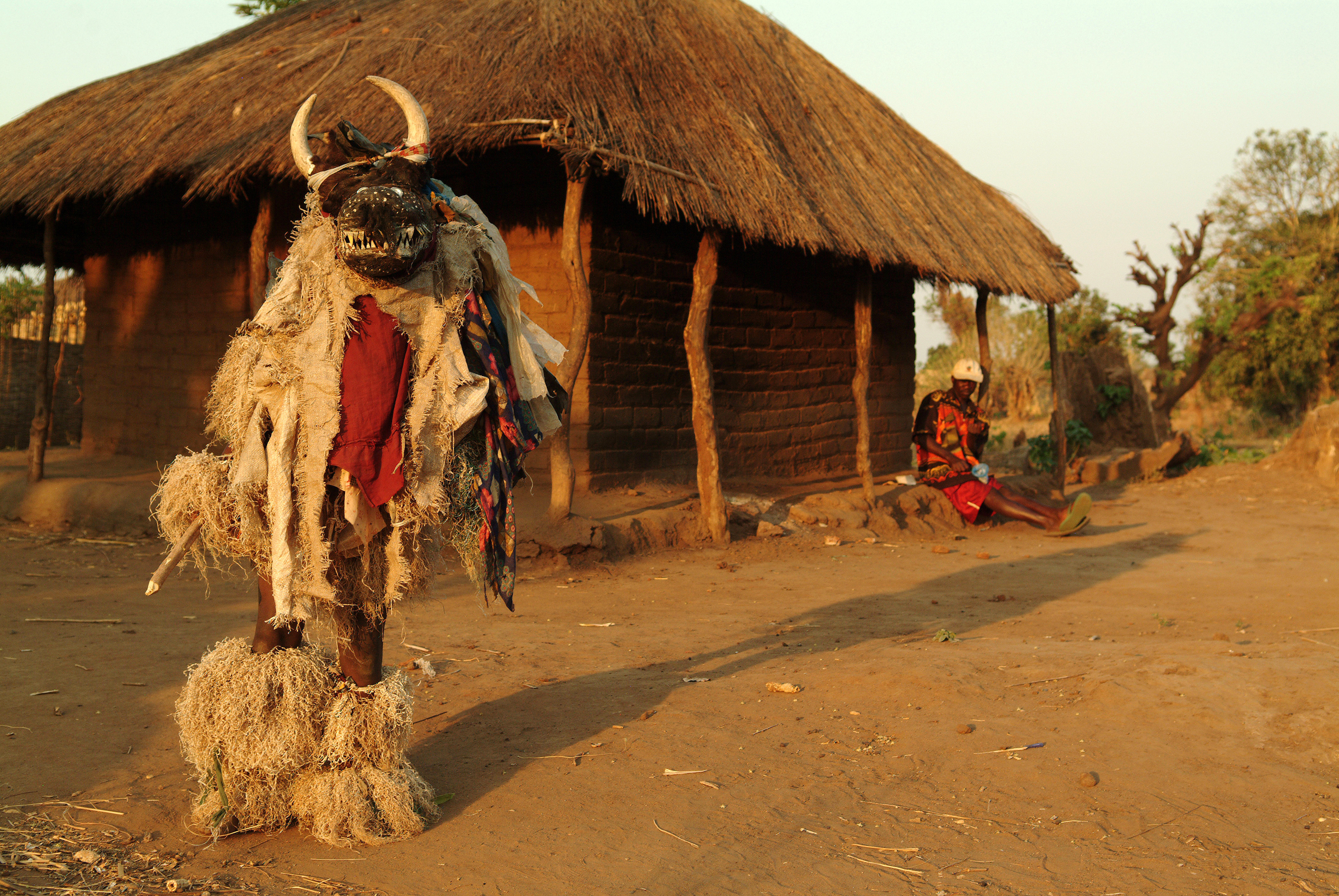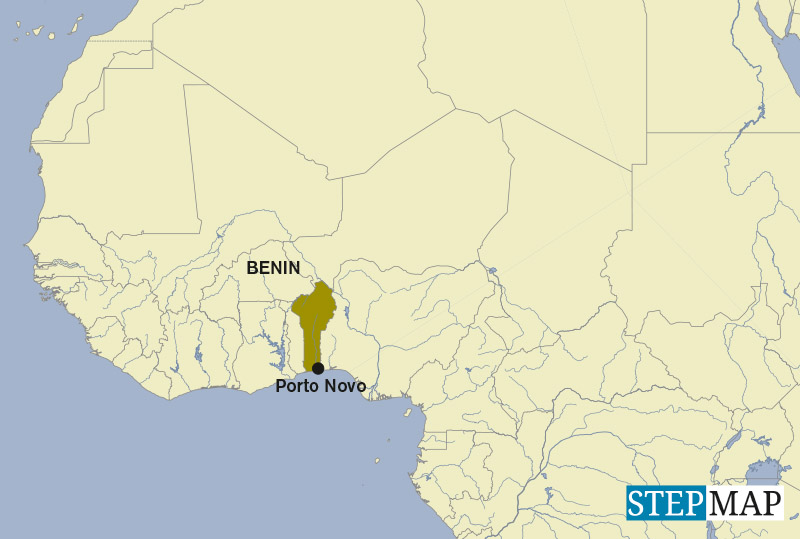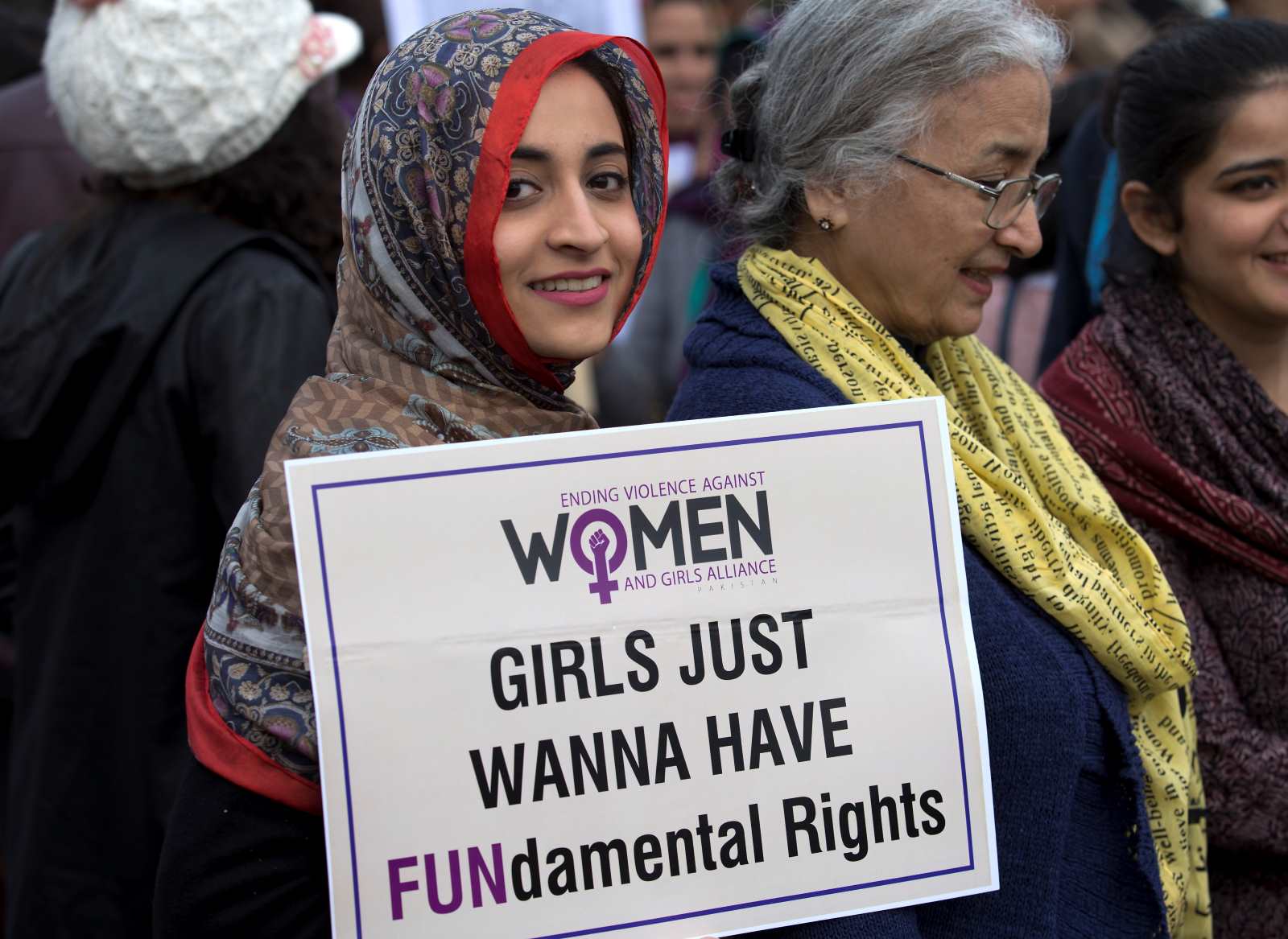Syncretism
Voodoo allows a holistic view of the cosmos
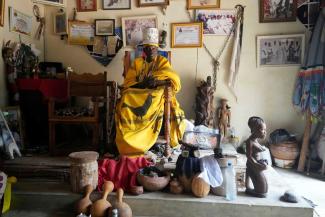
Benoit Sogan is a 42-year-old traditional voodoo healer. He lives on the outskirts of Porto-Novo, the capital of Benin. His small house, half of which is made of red earth and half of cement blocks, is just a short walk from the nearby cemetery, where both Muslims and Christians bury their dead. Access to Benoit’s property can prove very difficult in the rainy season, as the road leading to his house is full of potholes, bumps and red, standing water.
Nevertheless, he has many patients. Benoit takes very good care of the voodoo shrine in the small, damp room where he communicates with the spirits. Not long ago, he says, a man came to him and told him that he had received two consecutive spiritual attacks in his sleep, around 01:30 in the morning, right in the middle of his head. A few days later, the man realised that he had lost his virility; he felt very weak, as if dark forces that he could not control were sucking away his life energy.
Benoit explains that he consulted the Ifa oracle, who told him that the poltergeist attacking his visitor in his sleep was actually a very dangerous and harmful voodoo spirit. Benoit asked the man to get corn flour, red palm oil, the local alcoholic drink sodabi and kola nuts. And, of course, a few banknotes.
A chicken was sacrificed, its blood poured into the voodoo shrine and the meat put into a calabash, which was later deposited at a crossroads under cover of darkness. This was said to be a sacrifice to appease and satisfy the voodoo deity who sent the poltergeist. Benoit also reports that he gave the man various concoctions to drink and black soap to apply to his private parts after showering. Benoit then marked the victim’s body with a magical black powder in the hope that this would protect him from future attacks, as other evil voodoo spirits might try to attack him again. “I used my ‘return to sender’ recipe,” he says proudly.
A centuries-old religion
Such a story is not unusual in Benin. It is not only here that voodoo is considered a religion that is said to be hundreds of years old. Voodoo was originally created for the spiritual protection of its believers, to promote ethnic identity and to ask for ancestral blessings. To this day, the religion continues to flourish, especially in Africa and the Caribbean. The Yoruba people in Nigeria for example believe that the voodoo pantheon, known in that country as orisa, is home to more than 400 deities.
Unfortunately, some unscrupulous voodoo priests in search of quick money sometimes use voodoo to harm people. They don’t hesitate to break the rules of their religion, and that’s when evil voodoo reveals itself. “Voodoo is like a knife,” explains Benoit. “You can use it to cut your fish in the kitchen or slit your enemy’s throat”.
The former slave port of Ouidah in southern Benin is considered the cradle of voodoo. Originally, voodoo was defined in Ouidah as a system that takes a holistic view of the cosmos and human existence on planet Earth. It encompasses all that is natural, social and spiritual in an effort to conform to the laws of nature. Consequently, the forces of nature occupy a central place in voodoo’s view of the universe. This system promotes social cohesion and mutual understanding between different groups – and is one reason why voodoo practices go hand in hand with other religious beliefs.
Voodoo devotees believe that the reason for the existence of voodoo is that it helps to create harmony and understanding within and between communities. Therefore, witchcraft is a reprehensible deviation of voodoo, as is black magic.
As a large part of African tradition was passed down orally in the past, families needed a point of reference, a strong and common symbol with which they could identify. For example, the python was the revered deity of the Adjovi family of Ouidah. Many people adopted this voodoo deity and built on it to strengthen their unity. Up to 50 families in today’s Ouidah can thus unite and assert that they obey the same voodoo god.
Since the majority of Beninese people follow voodoo in some form, those in power have recognised the political advantages that could be gained from this religion, which is also practiced by millions of illiterate and poor people. Former President Nicéphore Soglo, who ruled Benin from 1991 to 1996, is said to have been saved from death thanks to the healing powers of voodoo after being poisoned by political opponents. To express his gratitude to the voodoo dignitaries, he officially declared 10 January of each year as Voodoo Day.
This was not enough to secure him a second term in office, but politicians have since realised that millions of votes can be won by appealing to the poor and uneducated voodoo followers in particular. Huge sums are being spent on refurbishing and renovating voodoo temples and the beach at Ouidah, where the main voodoo celebrations take place. On 10 January this year, the authorities organised a lavish celebration by the sea there. Politicians also often befriend voodoo leaders and priests in the hope of benefiting from spiritual protection of the deities.
All paths lead to God
Because so many religions are practiced in Benin, it is often hard to tell who is Muslim, Christian, a follower of voodoo, something else or more than one thing. The people of Benin are known for mixing different religions that at first glance do not have much in common.
Some priests of the Catholic church in Benin denounce this syncretism in their sermons. Muslim clerics also strongly condemn these practices. The Protestants in Benin have a more liberal attitude. Reverend Henri Harry, a deceased leader of the Protestant church, said he saw nothing wrong with Christians visiting voodoo temples. Harry tried to be pragmatic, because for many people in Benin, all paths lead to God. Recently, the Catholic Church has also softened its stance and is trying to integrate into local cultures and customs in order to both survive and thrive.
Seeds of division
Since the current government under President Patrice Talon decided to officially recognise various religious dignitaries, kings and traditional chiefs, the number of temples, convents and other places of worship has exploded. Talon is a strong proponent of voodoo, but he also occasionally intervenes to reconcile the feuding Muslim communities in Cotonou, Benin’s largest city.
Today, new voodoo deities from Ghana, Hindu sects from India and Muslim movements such as Ahmadiyya have many followers in Benin. Rosicrucianism and Freemasonry also record a large number of believers. New places of worship, known as “churches of awakening”, are mushrooming. Many of them claim to fight witchcraft and dark forces. Some promise their followers instant wealth.
Nevertheless, many churchgoers and Muslim believers continue to visit voodoo shrines under the cover of darkness, often in search of material wealth and spiritual powers. Many are at the same time members of secret cults.
Although an interfaith dialogue is being conducted to promote peace in Benin, rifts are appearing in the harmony between the groups. Jihadist insurgents in particular, who carry out violent attacks in northern Benin, use religious hatred and negative propaganda to sow the seeds of division.
Karim Okanla is a media scholar and freelance writer from Benin. His book “Voodoo in Benin: a blessing or a curse?” was published by Les Éditions du Flamboyant et Communications (Cotonou, 2023).
karimokanla@yahoo.com
